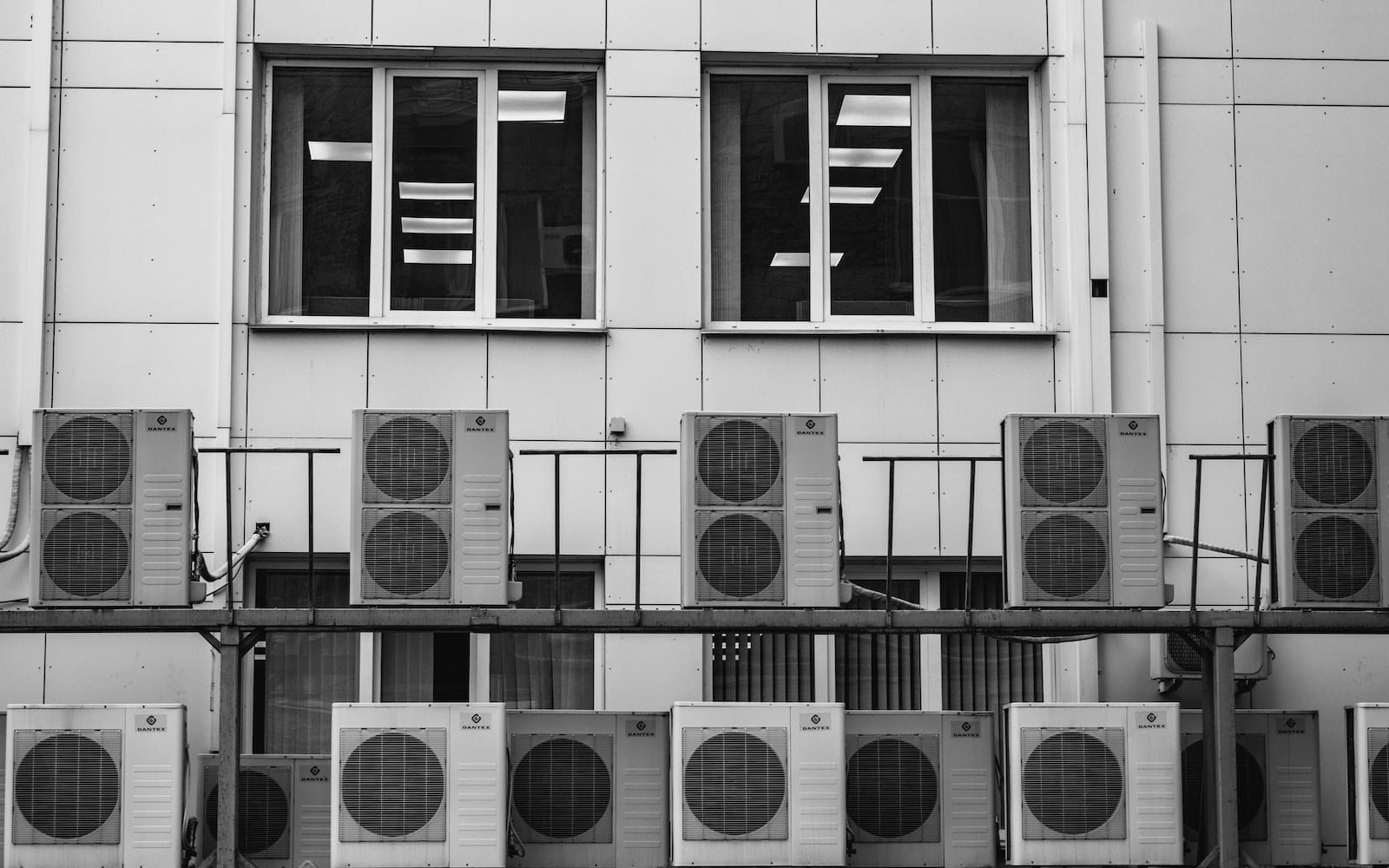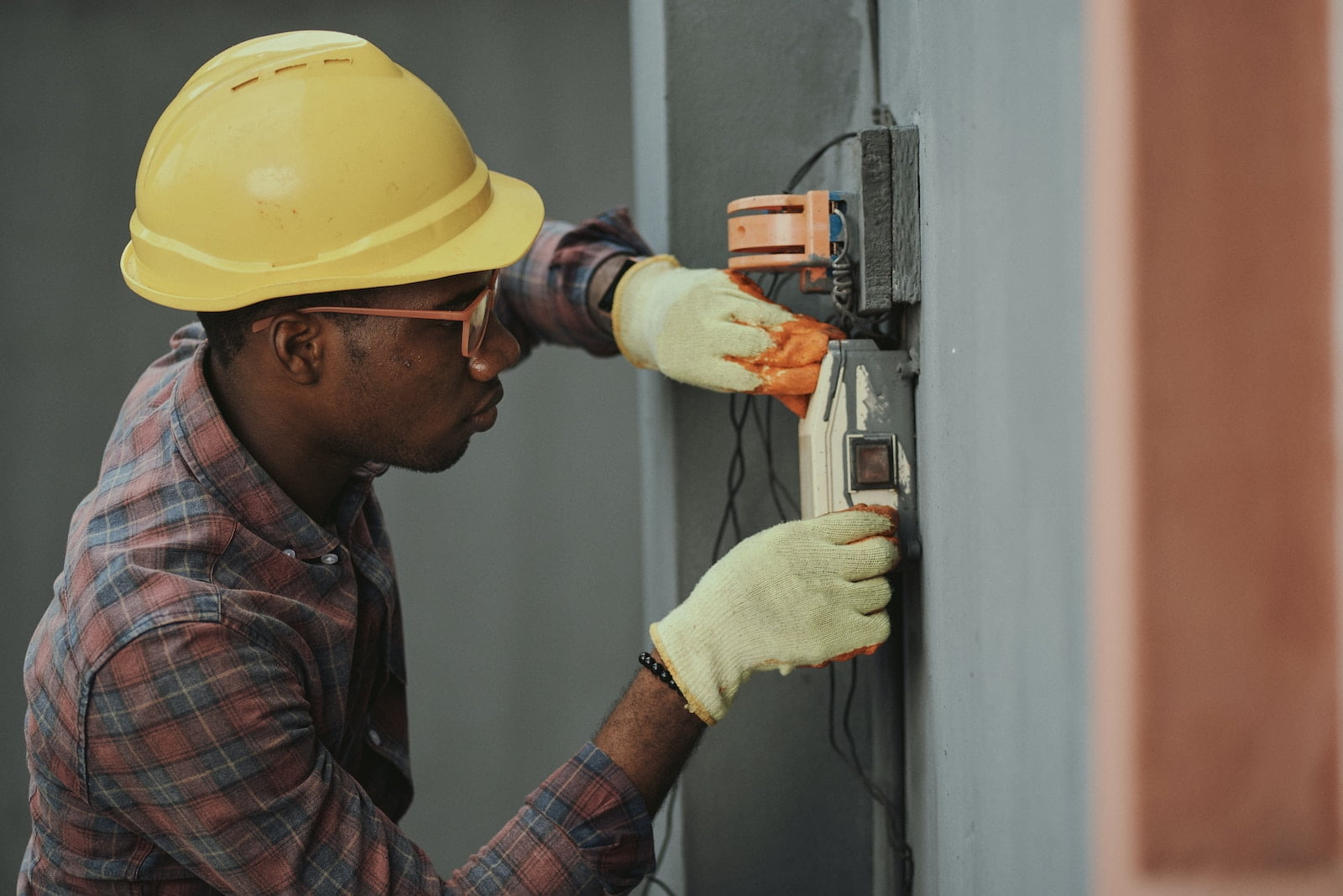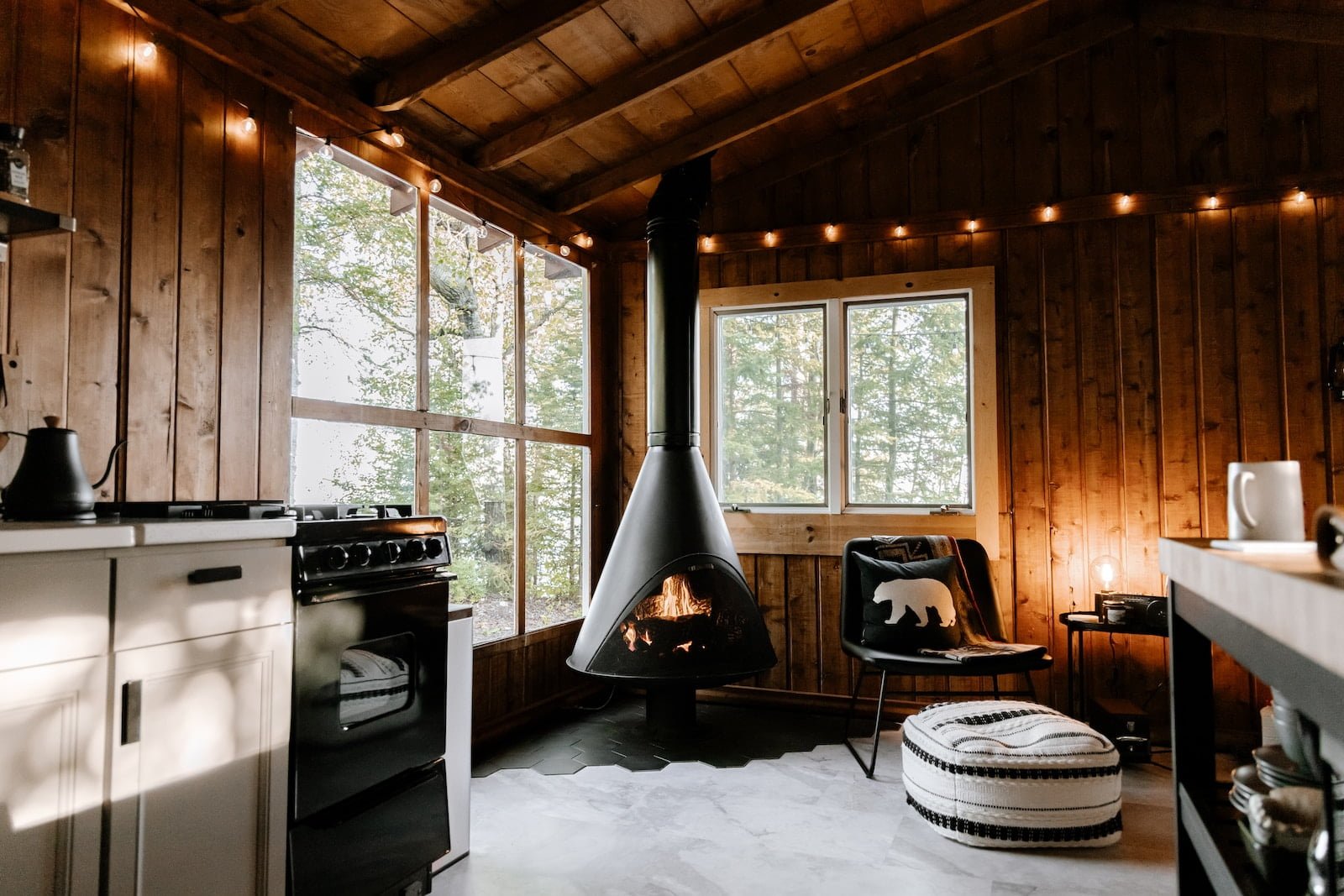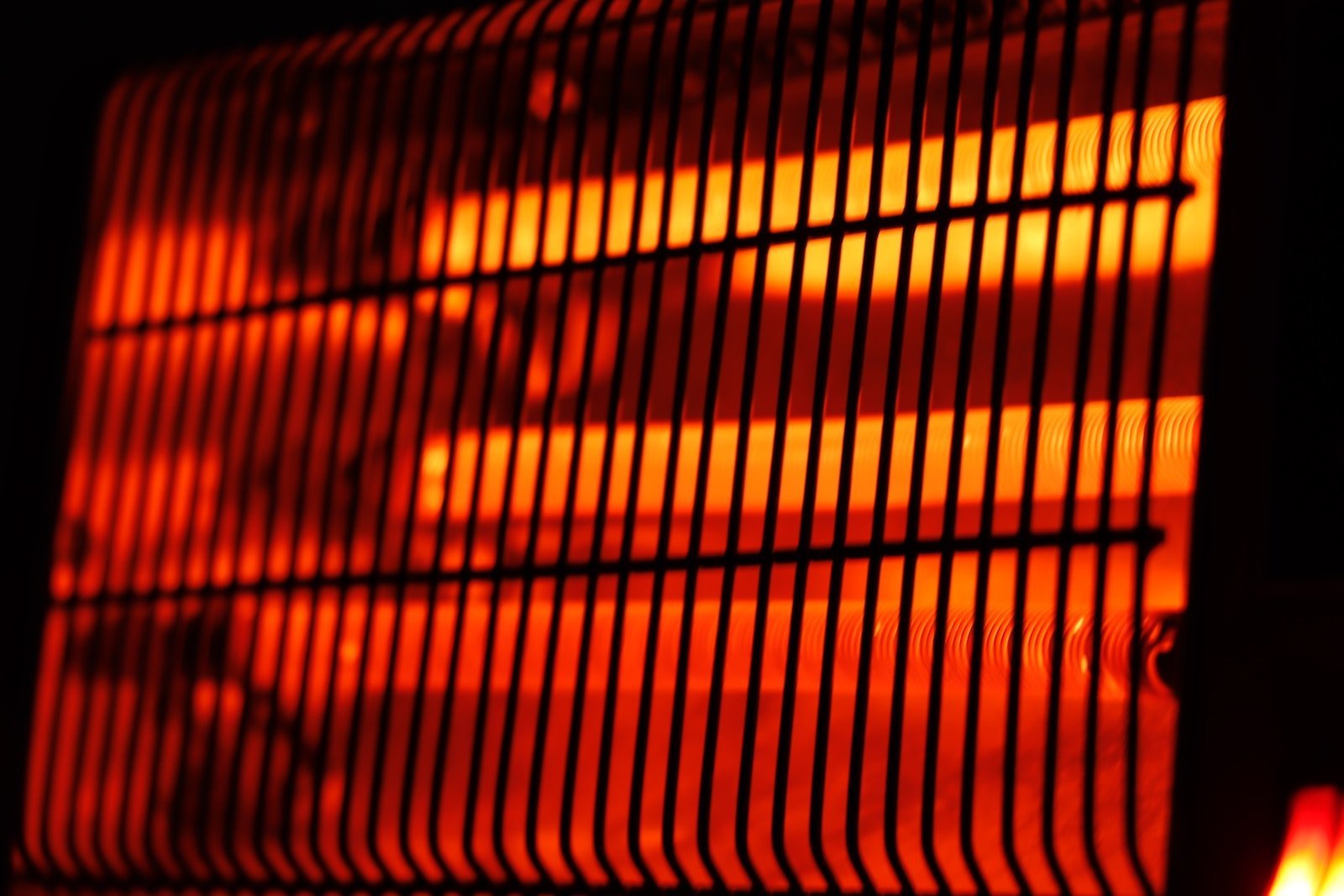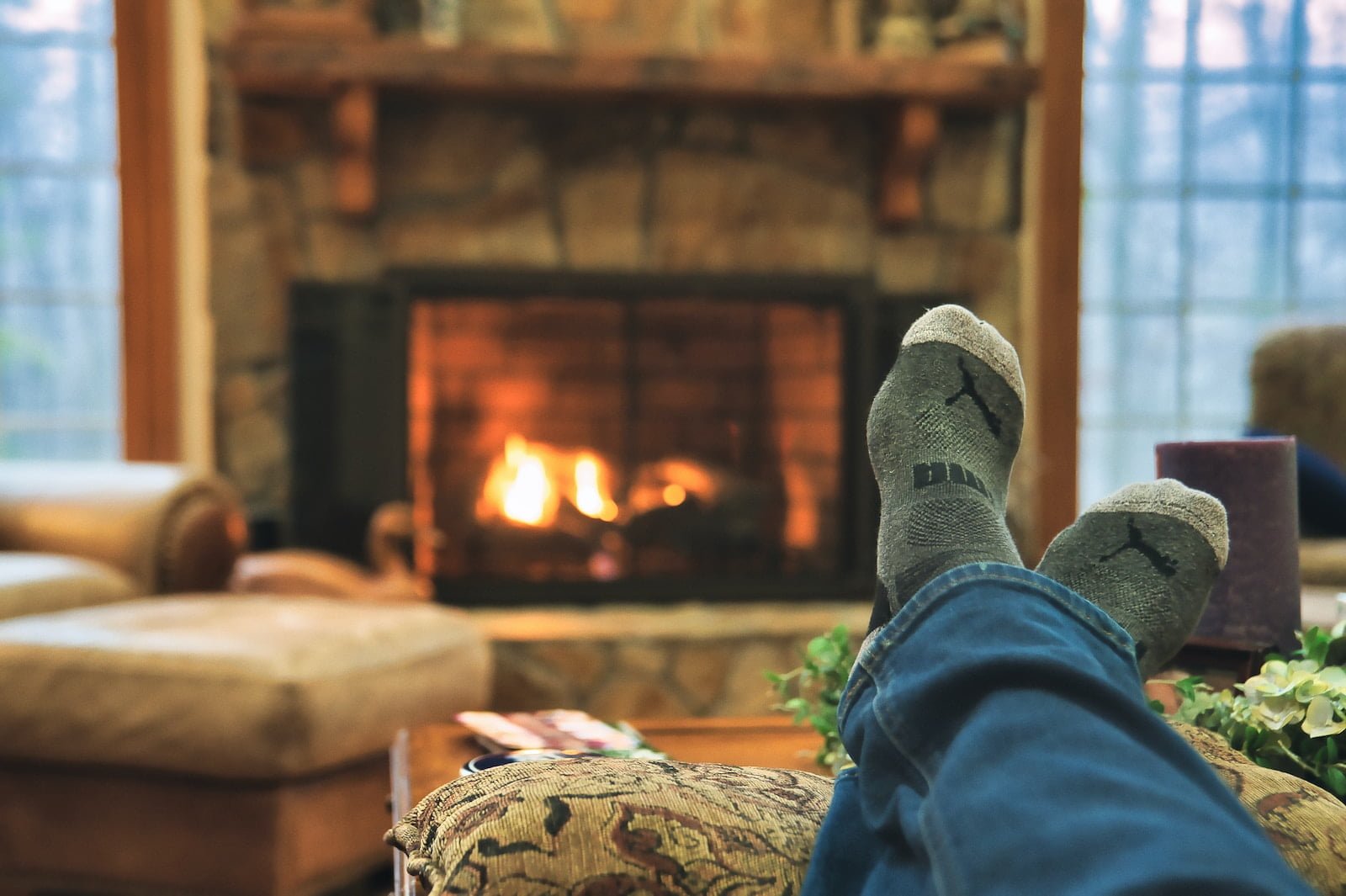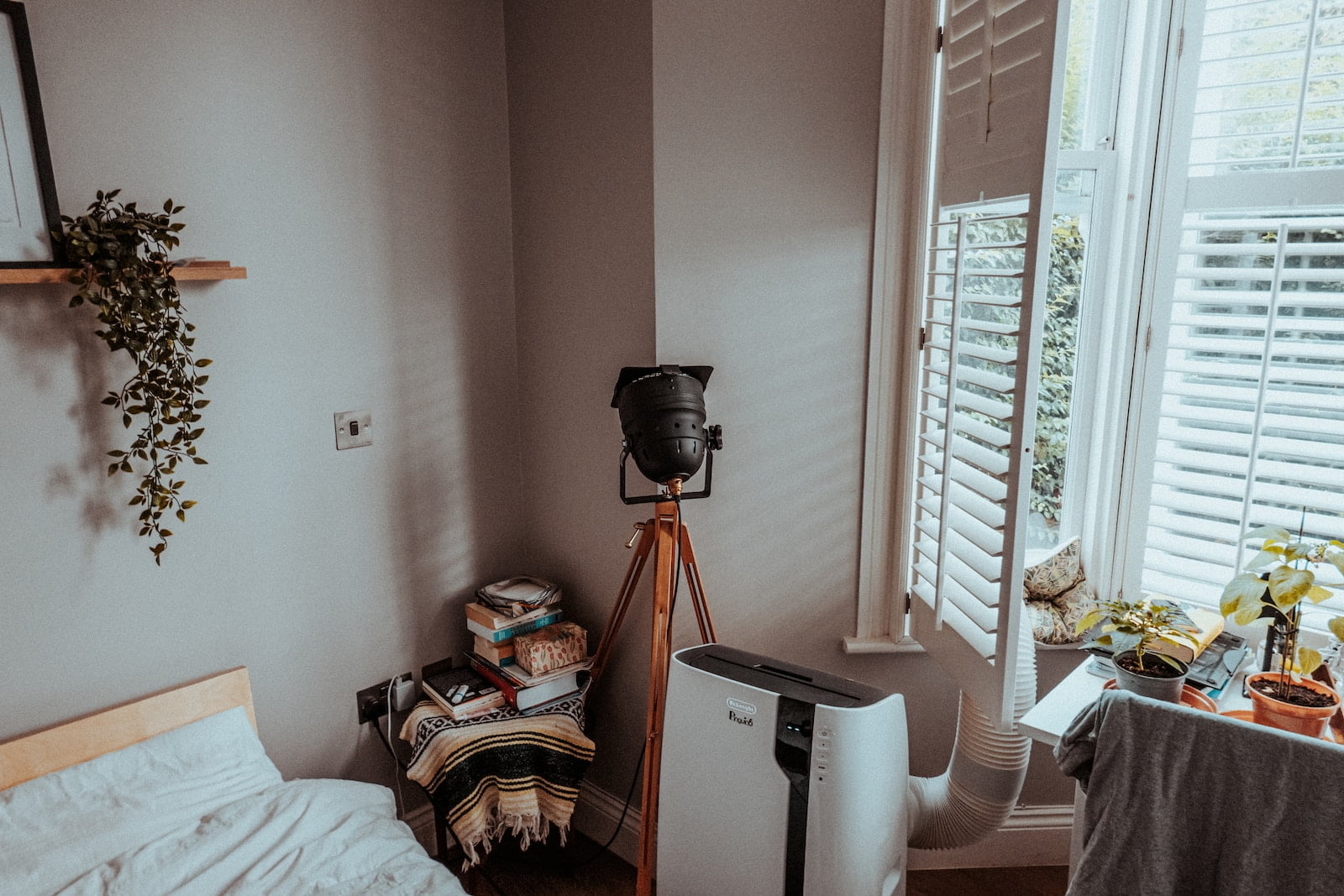Should You Cover Your Air Conditioning Unit in Winter?
As the temperature drops and winter approaches, many homeowners face the question of whether or not to cover their air conditioning units. While some may see it as an unnecessary task, others argue that it is crucial for the longevity and efficiency of the unit. In this article, we will explore the importance of air conditioning units, the potential benefits of covering them in winter, and the factors to consider when making this decision. By the end of this article, you will have a better understanding of the role of air conditioning units in your home and whether or not covering them in winter is necessary.
Firstly, air conditioning units play a crucial role in maintaining a comfortable living environment, especially during the hot summer months. They regulate the temperature, humidity, and air quality inside your home, creating a comfortable and healthy atmosphere for you and your family. However, these units can be expensive to replace or repair, making it important to take steps to protect them from potential damage.
Secondly, covering air conditioning units in the winter can provide several benefits. It can protect the unit from damage caused by snow, ice, and debris, as well as prevent moisture from accumulating inside the unit. Additionally, covering the unit can help to keep it clean and free of dirt and dust, which can improve its overall performance and efficiency.
Despite these potential benefits, there are also factors to consider when deciding whether or not to cover your air conditioning unit in the winter. These include the type of unit you have, the climate in your area, and the level of maintenance you are willing to perform. By weighing these factors, you can make an informed decision about whether or not to cover your air conditioning unit in the winter.
Pros and Cons of Covering an Air Conditioning Unit in Winter
While covering your air conditioning unit in winter may seem like a good idea to protect it from snow and ice, there are both benefits and drawbacks to consider. On the plus side, covering the unit can prevent snow and ice from accumulating on the coils and fan, which can cause damage and reduce efficiency. It can also protect the unit from falling debris like branches or icicles.
However, there are also potential drawbacks to covering your AC unit. If the cover is not breathable, it can trap moisture inside and create a breeding ground for mold and mildew. It can also block airflow, which can cause the unit to overheat and potentially lead to a breakdown. Additionally, if the cover is not secured properly, it could become a hazard in high winds or heavy snow.
Ultimately, the decision to cover your air conditioning unit in winter depends on your specific climate and the type of cover you use. If you do choose to cover it, be sure to select a breathable cover that fits securely and allows for proper airflow. And if you’re unsure, it’s always best to consult with a professional HVAC technician for guidance.
Factors to Consider When Deciding Whether to Cover an Air Conditioning Unit in Winter
Another important factor to consider when deciding whether to cover your air conditioning unit in winter is the age and condition of the unit. If your unit is relatively new and in good condition, it may not need to be covered as it is designed to withstand winter weather. However, if your unit is older or has experienced issues in the past, covering it may be a good idea to protect it from potential damage.
It is also important to consider any specific manufacturer recommendations regarding covering your air conditioning unit in winter. Some manufacturers may recommend covering the unit, while others may advise against it. It is important to follow the manufacturer’s instructions to ensure that your unit remains in good condition and to avoid voiding any warranties.
Lastly, the climate in your area should also be taken into account when deciding whether to cover your air conditioning unit in winter. If you live in an area with harsh winters, covering your unit may be necessary to protect it from snow, ice, and freezing temperatures. However, if you live in a milder climate, your unit may not need to be covered.
Overall, there are several factors to consider when deciding whether to cover your air conditioning unit in winter. By taking into account the age and condition of your unit, any manufacturer recommendations, and the climate in your area, you can make an informed decision about whether or not to cover your unit to protect it from winter weather.
Tips for Properly Covering an Air Conditioning Unit in Winter
When it comes to preparing your air conditioning unit for winter, covering it up is an essential step to protect it from the harsh weather conditions. However, it’s important to do it correctly to avoid damaging the unit and ensure its longevity. One of the first things you need to consider is using a breathable cover that allows air to circulate and prevent moisture buildup. A cover made of waterproof material may seem like a good idea, but it can trap moisture inside and cause rust and corrosion.
Once you’ve chosen the right cover, make sure to secure it tightly to prevent it from blowing away or getting damaged by strong winds. You can use bungee cords or straps to keep it in place, but avoid using any duct tape or other adhesive materials that can leave residue and damage the unit’s finish.
Finally, it’s crucial to periodically check for moisture buildup under the cover, especially after heavy rain or snowfall. If you notice any condensation or water accumulation, remove the cover and let the unit dry completely before putting it back on. Moisture can cause mold and mildew growth, which can lead to health problems and damage your air conditioning system.
By following these tips, you can ensure that your air conditioning unit stays protected and in good condition throughout the winter season. Remember to always prioritize safety and take the necessary precautions when handling your AC unit.
Conclusion and Summary of Key Points
In conclusion, covering your air conditioning unit in winter can have both advantages and disadvantages. It can help protect your unit from snow, ice, and debris, but it can also trap moisture and cause rust and other damage. Therefore, it is important to weigh the pros and cons and consult with a professional before deciding whether to cover your air conditioning unit in winter.
Some key points to consider when making this decision include the climate in your area, the age and condition of your unit, and the type of cover you use. If you do decide to cover your unit, be sure to choose a breathable cover that allows air to circulate and prevents moisture buildup. Additionally, be sure to properly secure the cover to prevent it from blowing away or causing damage to your unit.
Overall, while covering your air conditioning unit in winter can be beneficial, it is important to carefully consider all of the factors involved and seek professional advice before making a decision. By taking these steps, you can help ensure that your unit stays in good condition and continues to provide reliable cooling for years to come.
